Cost of Living: How have people adapted their exercise habits because of the crisis?
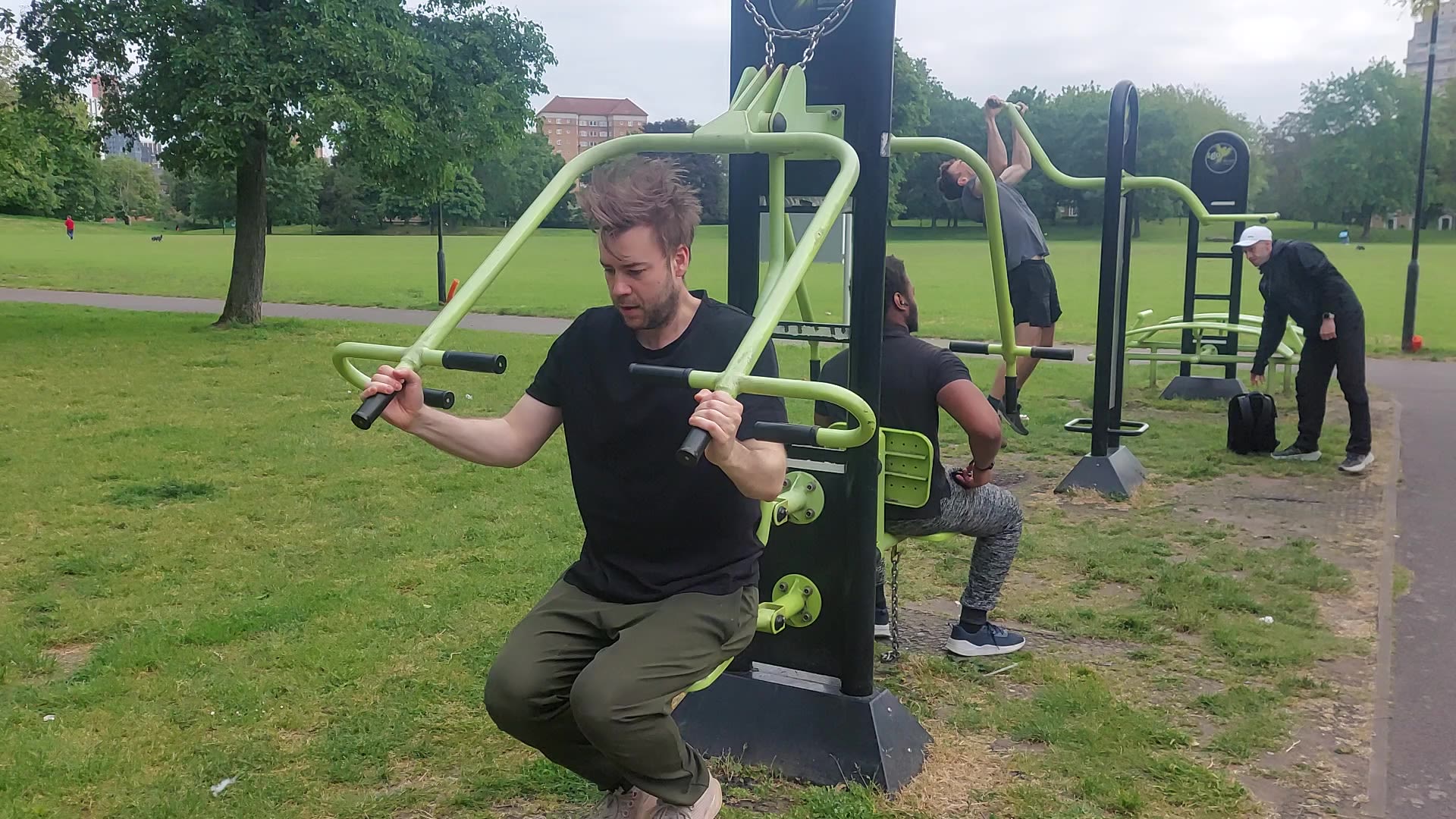
“It’s a shame to have to put my fitness and my finances against each other”, says Chloe, a 23-year-old living and working in London.
Unfortunately, Chloe isn’t the only one feeling that she has to balance her exercise with her income. According to data published by YouGov, over five million Britons have been forced to make cutbacks on their gym memberships. Whilst gyms have always been an added cost, memberships have become much more unattainable for people now that the UK is grappling with the cost of living crisis.
Other research also supports this. PureGym last year from last year shows that 40% of people who don’t currently have a gym membership feel that gyms are too expensive.

Chloe, an ex-gym goer, dislikes having to pit her finances against her exercise habits. Source: Chelsie Henshaw
Chloe, an ex-gym goer, dislikes having to pit her finances against her exercise habits. Source: Chelsie Henshaw
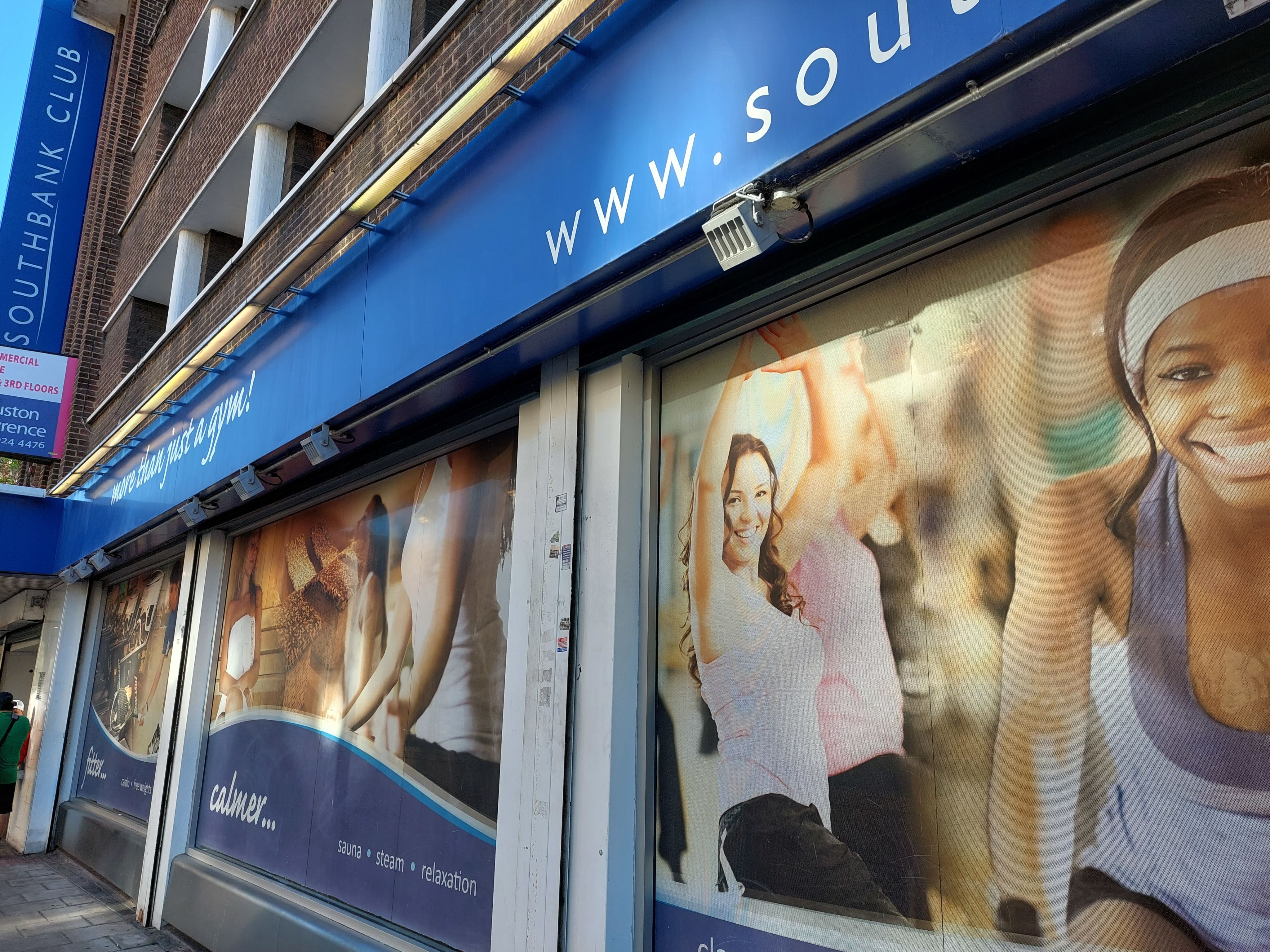
According to another recent YouGov poll, 25% of people find that the cost of exercising is a barrier that prevents them from being physically active.
The YouGov poll was commissioned by the World Cancer Research Fund (WCRF) to better understand what barriers people face in getting healthier.
Matt Lambert, ex-personal trainer and now Health Information and Promotion Manager at WCRF, says he wasn’t surprised by the results of the poll.
"We've got the cost-of-living crisis affecting people and the accessibility and affordability of gyms", says Matt.
However, according to Matt, people have been switching to other forms of exercise even prior to the cost-of-living crisis. “Gym memberships have always been one of those things that has taken a bit of a hit”, says Matt.
Matt cites the “huge resurgence” of home exercise, such as free online exercise classes and yoga workouts as another reason for people’s declining interest in gym memberships.
For example, during lockdown, millions of people tuned into Joe Wicks' PE lessons.

Matt Lambert: Gym memberships have taken a hit. Source: World Cancer Research Fund
Matt Lambert: Gym memberships have taken a hit. Source: World Cancer Research Fund
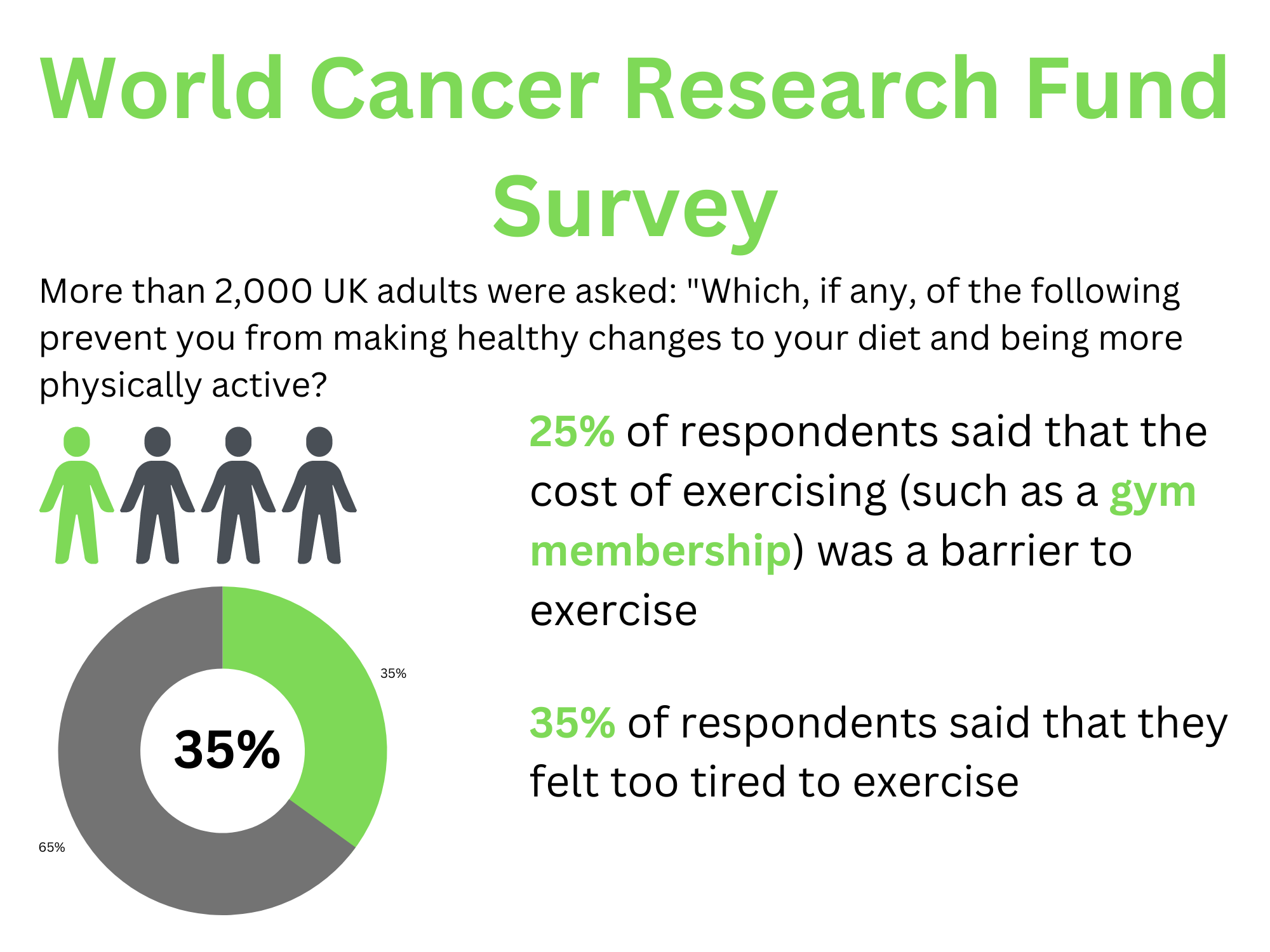
Source: Chelsie Henshaw
Source: Chelsie Henshaw
But, what is the main reason people are cancelling their memberships?

I spoke to several people who have recently cancelled their memberships to find out what determined their decision and what their exercise routines will look like going forward.
Ellen Knight, 22, a student at Cardiff University, found that her gym membership was “becoming an expense I could no longer justify”. She believes that a gym membership is a “luxury”, one that had to be “sacrificed for the sake of saving money”.
Chloe, 23, a graduate consultant, was attending her local gym, conveniently located two minutes from where she lives, until she had to cancel.
She says: “The budget gym was costing me 30 pounds a month, equivalent to a weekly food shop, and was not a good use of money during the cost-of-living crisis”.
Sammy Milton, 30, a PR accounts manager, says the gym is just not something she can afford anymore. Prior to cancelling her membership, the fees were slowly increasing by a pound a month. Despite liking the security of a gym membership, Sammy thinks it is sadly no longer an affordable option.
For Sammy, the gym had become “another expense I didn’t want to think about”.
“The budget gym was costing me 30 pounds a month, equivalent to a weekly food shop, and was not a good use of money during the cost-of-living crisis”
How did they feel about having to cancel their memberships?
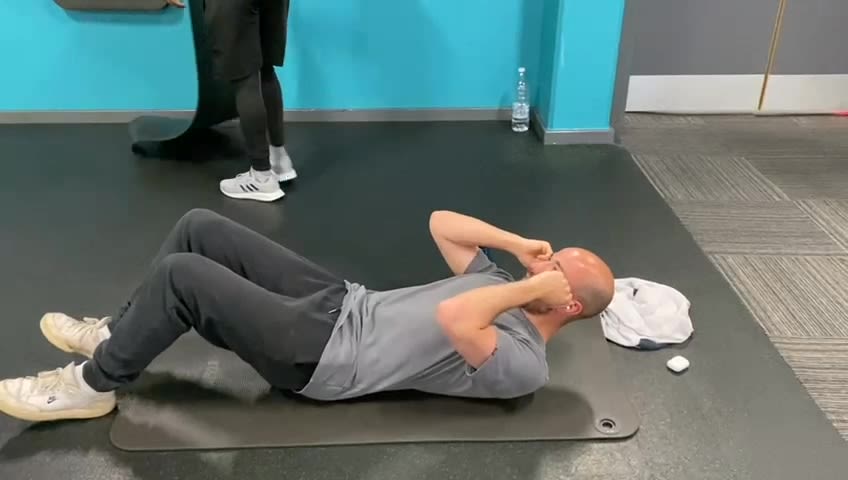
“The gym was something I genuinely enjoyed and was good for me,” says Ellen, who found it “frustrating” having to cancel her membership.
“It was really disappointing to lose that access to all that great equipment and the training etcetera that they provide for you but, at the end of the day, it wasn’t feasible to be paying an extra £30 that I could be spending each month,” says Chloe.
Sammy found it quite embarrassing and difficult “to come to terms” with cancelling her membership.
How are ex-gym members now exercising?

Between the three of them, running seems to be the most popular alternative. Ellen is now opting to combine runs with home workouts.
Chloe is also trying to go for runs regularly and is going to replace the strength training element of the gym with HIIT exercises, such as squats, in her bedroom.
However, Sammy lives in an old building and finds that home workouts are too loud and disturb her downstairs neighbours.
Although running is an option for her, she is also looking at alternative ways to exercise, such as using her bike. Implementing exercise in small, frequent chunks is her main focus. To keep active she is trying to take “simple” steps, such as opting for the stairs as opposed to using the lift and going for walks during her lunch break. She is also part of a local football team that trains every Thursday night.
However, both Ellen and Sammy are concerned about their general safety when running, especially when the season shifts back to winter.
Recounting from her personal experience, Sammy says she has been followed, called at, and chased on two separate occasions when out running.
Ellen says she does not feel safe exercising or going for a run when it is dark.
Another form of free exercise is the use of free outdoor gym equipment in parks.
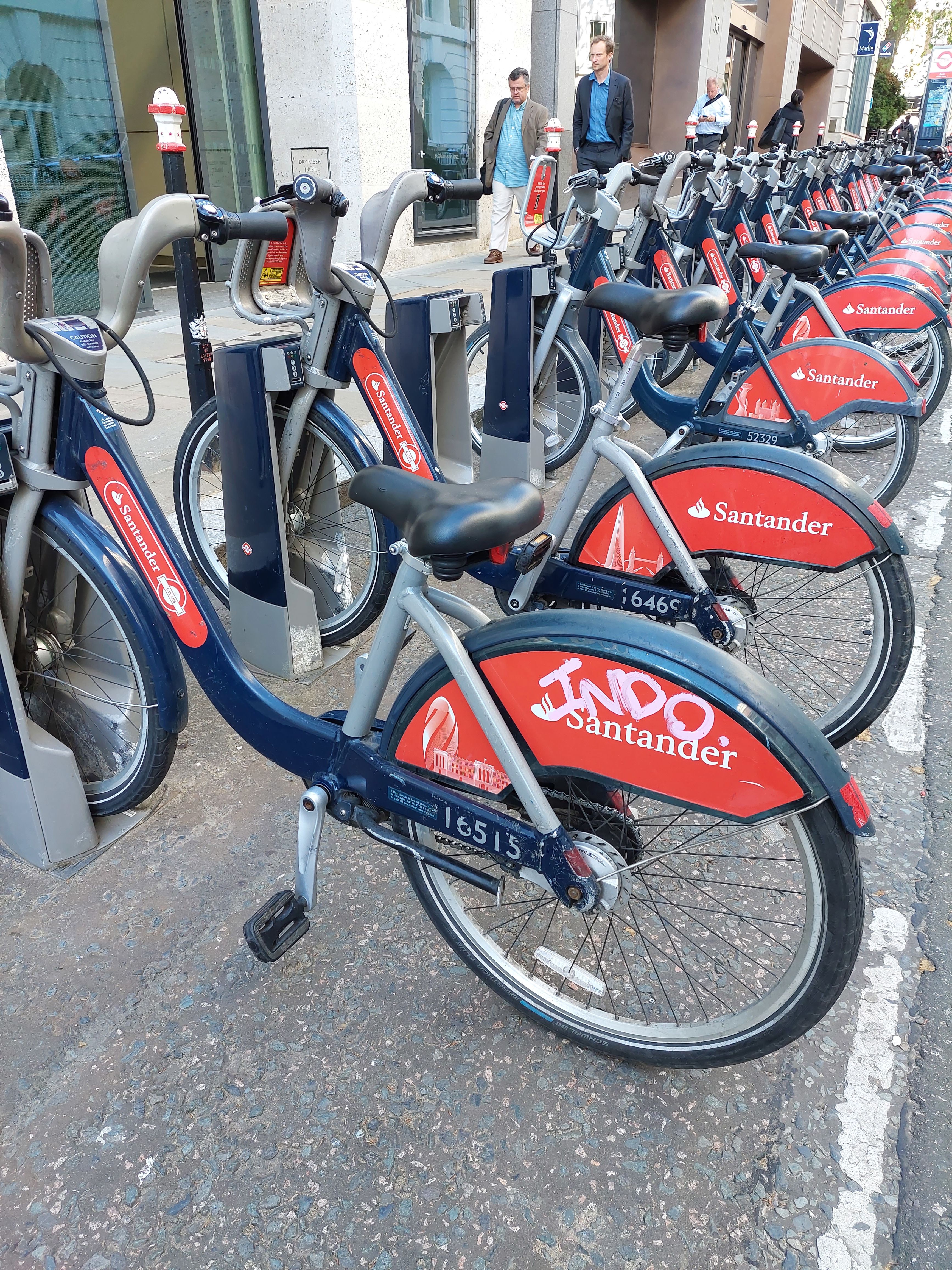
Cycling to work is a great form of exercise. Source: Chelsie Henshaw
Cycling to work is a great form of exercise. Source: Chelsie Henshaw
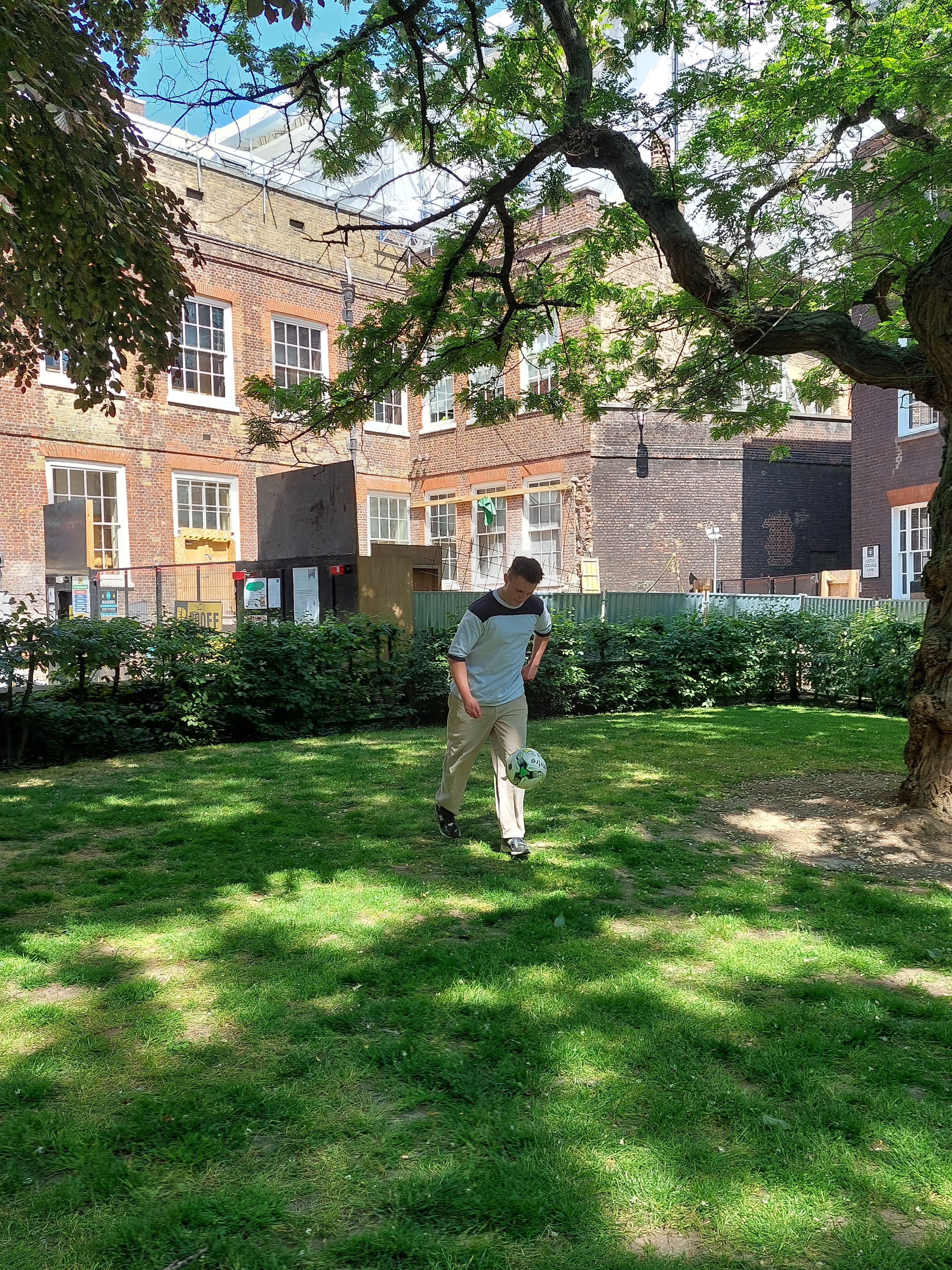
Playing football is a good way to burn calories. Source: Chelsie Henshaw
Playing football is a good way to burn calories. Source: Chelsie Henshaw
"After the 2012 Olympics there was a huge drive into exercise in parks. So, you’ll see in a lot of parks in London they have those outdoor gyms which I think are fantastic and are actually really well-maintained in London"
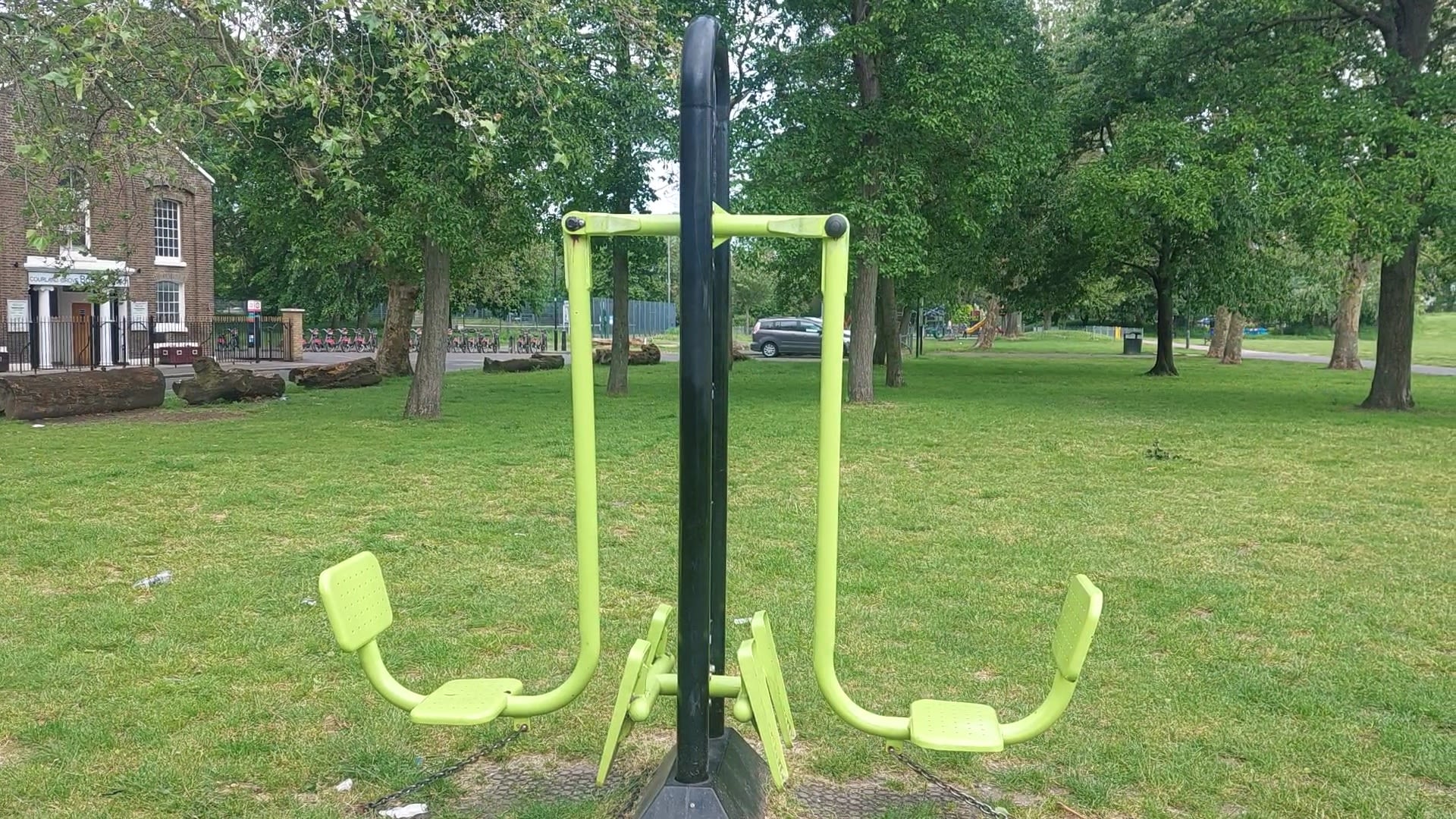
If gym memberships were cheaper, would they be tempted to go back?
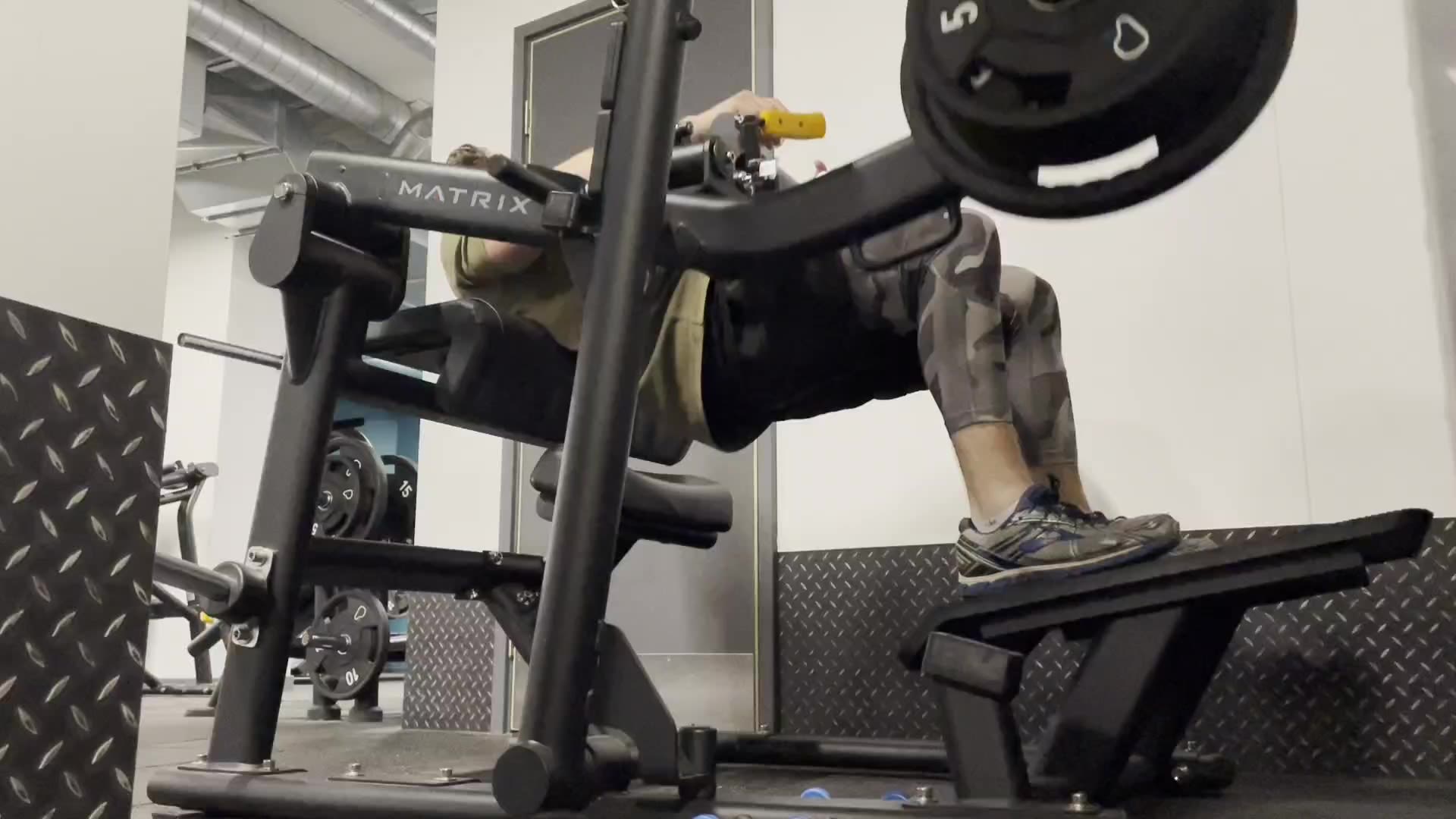
Last year, an app called Athlo was launched by Matt Mansell to support gym operators and provide people with a different alternative to cancelling their gym membership to save money.
On the app, users can make a proportion of the money back from their gym memberships by selling the days they are not using it.
Matt says that the app helps users who “financially can't afford a reoccurring gym membership” still have access to a gym as well as helping gym operators maintain better member retention.
"Our traction is increasing and we’re getting, more and more people firstly, downloading and utilising the app, both from the sell side and the buy side, but also we’re getting a lot of people writing in and requesting gyms that we haven’t partnered with so that we can partner with those operators so that they can either sell or get access to those studios", says Matt.
Sammy says initiatives like Athlo would encourage her to get back into the gym. She thinks the ability to rent your gym membership “would take a lot of pressure off people”. Ellen said she’d consider getting another gym membership if she had the option to share the cost with a friend, taking it in turns to go to the gym.

Screenshot taken from the app
Screenshot taken from the app
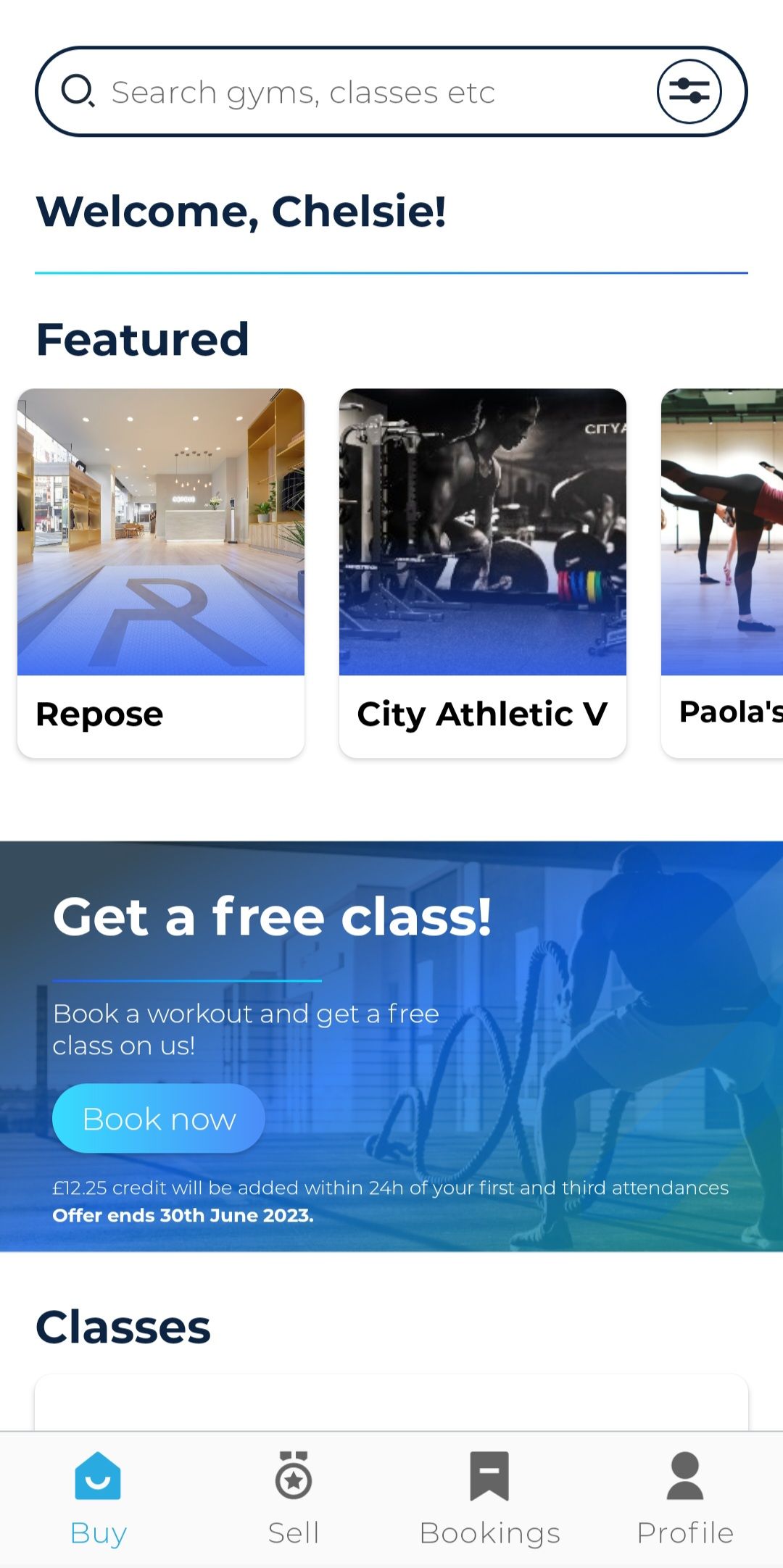
Screenshot taken from the app
Screenshot taken from the app
